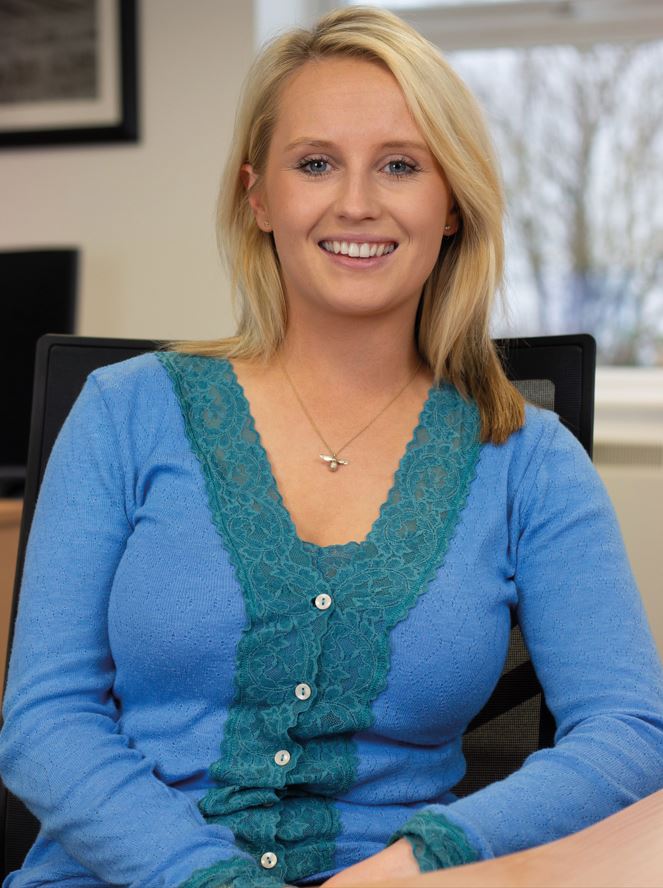
With Labour still committed to charging VAT on private school fees should it win the election, the property consultancy Fisher German believes many independent schools could weather the storm by utilising their assets more effectively. Says Molly Skinner, Associate at Fisher German: “Labour’s announcement to charge 20 per cent VAT on private school fees and clamp down on any possible avoidance by parents leaves schools with a stark choice.
“Schools could choose to absorb the cost, heavily impacting their cash flow, pass the costs onto parents, inevitably reducing pupil numbers, or they may reduce the number of bursary and scholarship places, which reduces opportunities for less well-off children. “But in my experience, private schools don’t always utilise their property assets to generate the most income and save money, and some are paying far too much for certain outgoings. “For example, we have regularly seen schools overpay on business rates to the local authority without challenging the rate. If the use of a building has changed or any extensions, demolitions or alterations have been made, the rates may actually have reduced. “In terms of best utilising assets, many schools do not realise just how valuable their property can be. For example, as part of an asset review we undertook for Moulton College in Northamptonshire, we identified four buildings on the edge of the campus no longer suitable for educational purposes which we have since let. This has in turn generated additional income to be invested back into the College. “Other ways schools may be overspending is by using old-fashioned methods of powering their buildings. We have recommended certain schools install discreet solar panels to save on electricity bills, and to generate an extra source of income with carbon credits. Indeed, installation of other infrastructure such as telecom masts in a quieter area of the school’s property is another way of bolstering income. In the face of Labour’s announcement, it is more important than ever that private schools make the best use of what they have.”